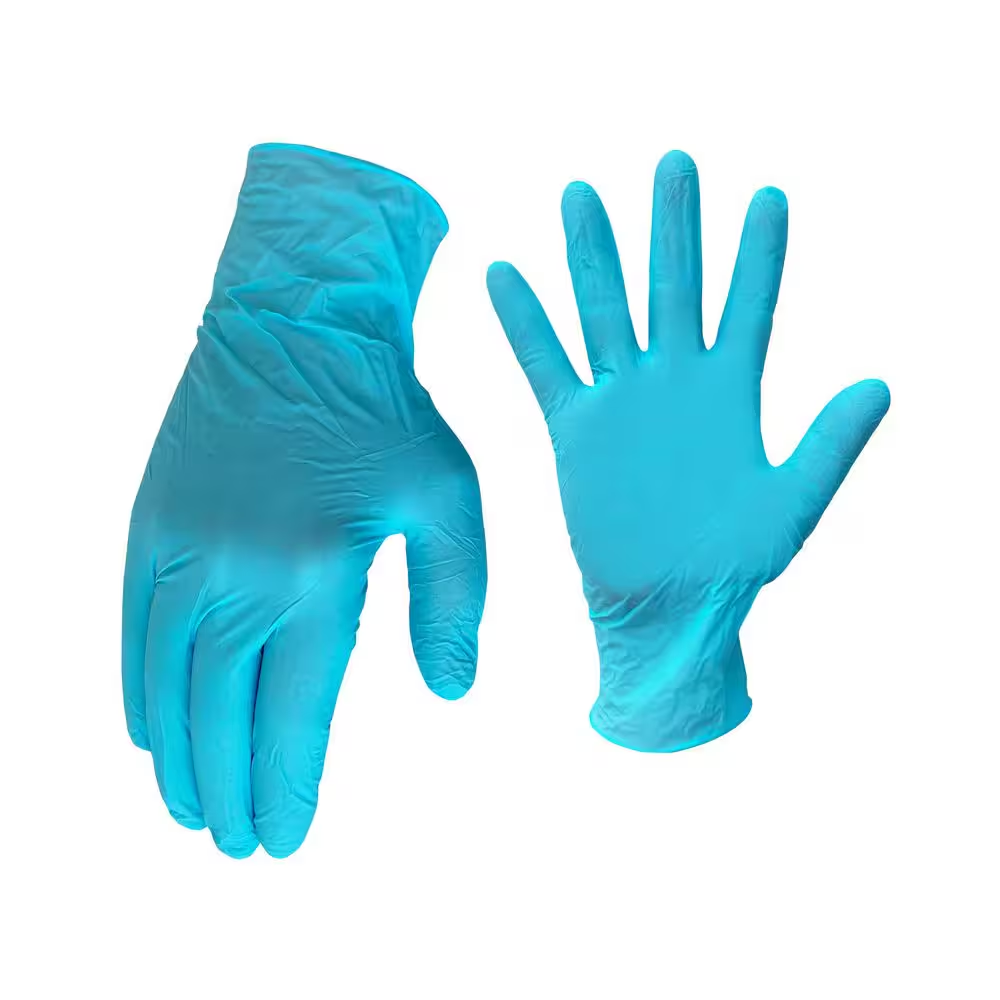In any healthcare setting, safety, hygiene, and efficiency are non-negotiable. Among the most crucial tools in maintaining these standards are disposable gloves. These simple yet essential items serve as a frontline defense against contamination, infection, and cross-contamination. For clinics, the right choice of disposable gloves can make all the difference in delivering safe and high-quality care. At ToBe Healthcare, we believe in equipping every medical facility with the best protective gear. In this article, we explore five reliable types of disposable gloves every clinic should stock.
Why Disposable Gloves Matter in Clinics
Clinics handle a wide range of medical procedures, from routine check-ups to minor surgeries. Each task demands strict hygiene practices to protect both patients and healthcare professionals. Disposable gloves are vital in preventing the spread of bacteria, viruses, and other harmful pathogens. They ensure a sterile environment and reduce the risk of infections. Additionally, they protect the wearer’s hands from exposure to bodily fluids, chemicals, and other hazardous substances.
1. Nitrile Disposable Gloves
Nitrile gloves are among the most widely used disposable gloves in clinical environments. Made from synthetic rubber, these gloves are highly resistant to punctures, tears, and chemicals. They are especially suitable for individuals with latex allergies, making them a safe and reliable choice for all healthcare workers.
Benefits of Nitrile Gloves:
- Hypoallergenic and latex-free
- Excellent chemical resistance
- High durability and tear resistance
- Comfortable fit and tactile sensitivity
Nitrile gloves are ideal for high-risk situations that involve contact with infectious materials or harsh chemicals. Their strength and versatility make them an essential addition to any clinic’s inventory.
2. Latex Disposable Gloves
Latex gloves have long been a standard in the medical industry. Known for their superior elasticity and comfort, they provide a snug fit and excellent dexterity, which is essential for delicate procedures.
Benefits of Latex Gloves:
- High flexibility and stretch
- Comfortable to wear for long periods
- Excellent tactile feedback
- Biodegradable material
However, latex gloves may cause allergic reactions in some individuals. Clinics must ensure that both staff and patients are not sensitive to latex before use. Despite this, their unmatched performance in terms of sensitivity and comfort makes them a reliable option.
3. Vinyl Disposable Gloves
Vinyl gloves are a cost-effective solution for low-risk tasks. Made from PVC, they are less elastic than nitrile or latex but still offer adequate protection for general clinical use, such as during patient intake or handling non-hazardous materials.
Benefits of Vinyl Gloves:
- Affordable and economical
- Latex-free, reducing allergy risks
- Smooth surface for easy donning and removal
- Suitable for short-term use
Vinyl gloves are best suited for situations where high durability is not a primary concern. Their affordability makes them perfect for tasks that require frequent glove changes.
4. Polyethylene Disposable Gloves
Although less common in clinical settings, polyethylene gloves can be useful for quick, non-invasive procedures or administrative tasks that still require a barrier of hygiene. These gloves are lightweight, loose-fitting, and designed for single-use applications.
Benefits of Polyethylene Gloves:
- Lightweight and inexpensive
- Latex-free and hypoallergenic
- Ideal for short-duration tasks
- Easy to don and dispose of
These gloves are not suitable for medical examinations or surgical procedures but are helpful in maintaining basic hygiene during non-clinical activities within the clinic.
5. Sterile Surgical Gloves
For procedures that require a sterile environment, such as minor surgeries or wound care, sterile surgical gloves are indispensable. These gloves are individually packaged and often made from latex or nitrile materials, offering a higher level of precision and cleanliness.
Benefits of Sterile Surgical Gloves:
- Individually sterilized for surgical use
- High precision and tactile sensitivity
- Strong and durable material
- Available in various sizes for perfect fit
Every clinic should have a reliable stock of sterile gloves to meet the demands of surgical and high-risk medical procedures. Their specialized design supports both hygiene and surgical excellence.
Choosing the Right Disposable Gloves for Your Clinic
Selecting the appropriate type of disposable glove depends on the specific needs of your clinic. Consider factors like:
- Type of procedures performed
- Duration of use
- Allergy considerations
- Budget and supply availability
ToBe Healthcare offers a comprehensive range of disposable gloves to suit all clinical applications. Our gloves meet industry standards and provide consistent quality and protection.
Best Practices for Using Disposable Gloves
To ensure optimal protection, it’s essential to follow proper glove usage protocols:
- Wash hands before and after glove use
- Never reuse disposable gloves
- Change gloves between each patient or procedure
- Dispose of used gloves in appropriate waste containers
Consistent adherence to these practices enhances the effectiveness of disposable gloves and minimizes health risks.
Conclusion
Disposable gloves are a cornerstone of clinical hygiene and safety. By understanding the differences between nitrile, latex, vinyl, polyethylene, and sterile surgical gloves, clinics can make informed decisions that support patient care and operational efficiency. At ToBe Healthcare, we are dedicated to providing high-quality disposable gloves tailored to every clinical need. Equip your clinic with the right gloves today and take a proactive step toward superior healthcare delivery.
FAQs
1. Which type of disposable gloves is best for sensitive skin? Nitrile gloves are ideal for sensitive skin as they are latex-free and less likely to cause allergic reactions.
2. Are vinyl gloves safe for medical procedures? Vinyl gloves are suitable for low-risk, non-invasive procedures. For high-risk or surgical tasks, nitrile or sterile gloves are recommended.
3. How can I ensure I’m choosing the right size glove for my clinic staff? Most glove suppliers, including ToBe Healthcare, offer size charts to help determine the correct fit. Gloves should fit snugly without being too tight.
Rely on ToBe Healthcare for top-quality disposable gloves that match the unique demands of your clinic.
From expert tips to trending updates, it’s all available on our main page.











Leave a Reply